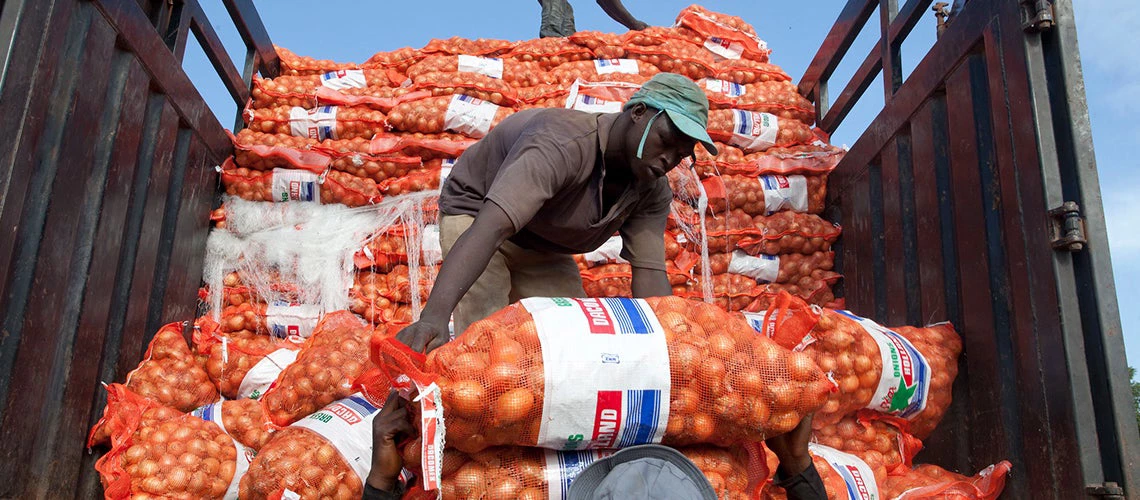 Good news to build upon: Africa is converging
Good news to build upon: Africa is converging
In these challenging times marked with inflation, climate change, pandemics, and geo-political tensions, one should be concerned with the situation of the poorest economies, in Africa notably. And rightly so, food insecurity, human capital losses, adaptation to climate change, conflicts, and growing macroeconomic imbalances capture most of the attention of African citizens, governments, and development institutions, with maybe an old tune of Afro-pessimism: poor African countries will never get out of their poverty traps, as they are confronted with too many problems.
Yet, there is a bright spot: a recent analysis conducted on Africa’s income inequality suggests that poorer African economies have consistently grown faster in per capita terms since 2000 than richer ones, a pattern never observed before since the independence in the 1960s . As a result, income inequality between countries has significantly decreased, a trend confirmed by the strong decline in the population-weighted average Gini coefficient of inequality between African countries, from 0.44 in 2000 to 0.39 in 2020. The observation of inequality within each country – suggesting a small decline over the same period, is less uniform and less clear, and its measurement is more complicated. But the decline in inequality between countries is so significant that it likely contributed to a net reduction of inequality between African citizens once countries’ population sizes are taken into consideration.
Many reasons can potentially explain this positive outcome, starting from the adoption of better economic and social policies in poorer countries, a growing priority given by international financial institutions to the poorest countries, and economic fundamentals that entail higher returns to investment in less capitalized economies.
But it is also very likely that regional (and global) integration efforts undertaken in Africa since 2000 significantly contributed to this outcome, allowing the poorest economies to benefit from access to larger markets and attract more human, financial, and technological resources to support their economic development. Since 2000, the intra African trade doubled in proportion of the total trade. Goods and services exchanged within Africa are of higher added value than with the rest of the world. This is due to the development of connective infrastructure including transport, digital and energy networks, economic corridors, regional capital markets, and facilitation efforts to streamline cross-border trade. While it is difficult to attribute from a methodological standpoint, progress in regional integration such as in the European Union produces the income convergence observed between African countries since 2000.
This achievement should accelerate regional integration efforts, even more so as opportunities to further deepen economic ties with other continents seem to shrink due to ongoing geopolitical tensions and calls to re-shore economic activities. The African Continental Free Trade Area (AfCFTA) provides this opportunity. Efforts should be sustained to implement already negotiated tariff schedules, conclude agreements in trade for digital services given their potential for the continent in the context of rapid urbanization, and accelerate trade facilitation. It will encourage trade-related investment and the development of regional value chains in many sectors, from agribusiness and light manufacturing to pharmaceuticals and cars, and the creation of millions of jobs (up to 18 million by 2035, according to a recent World Bank study on the expected impact of the AfCFTA).



Join the Conversation